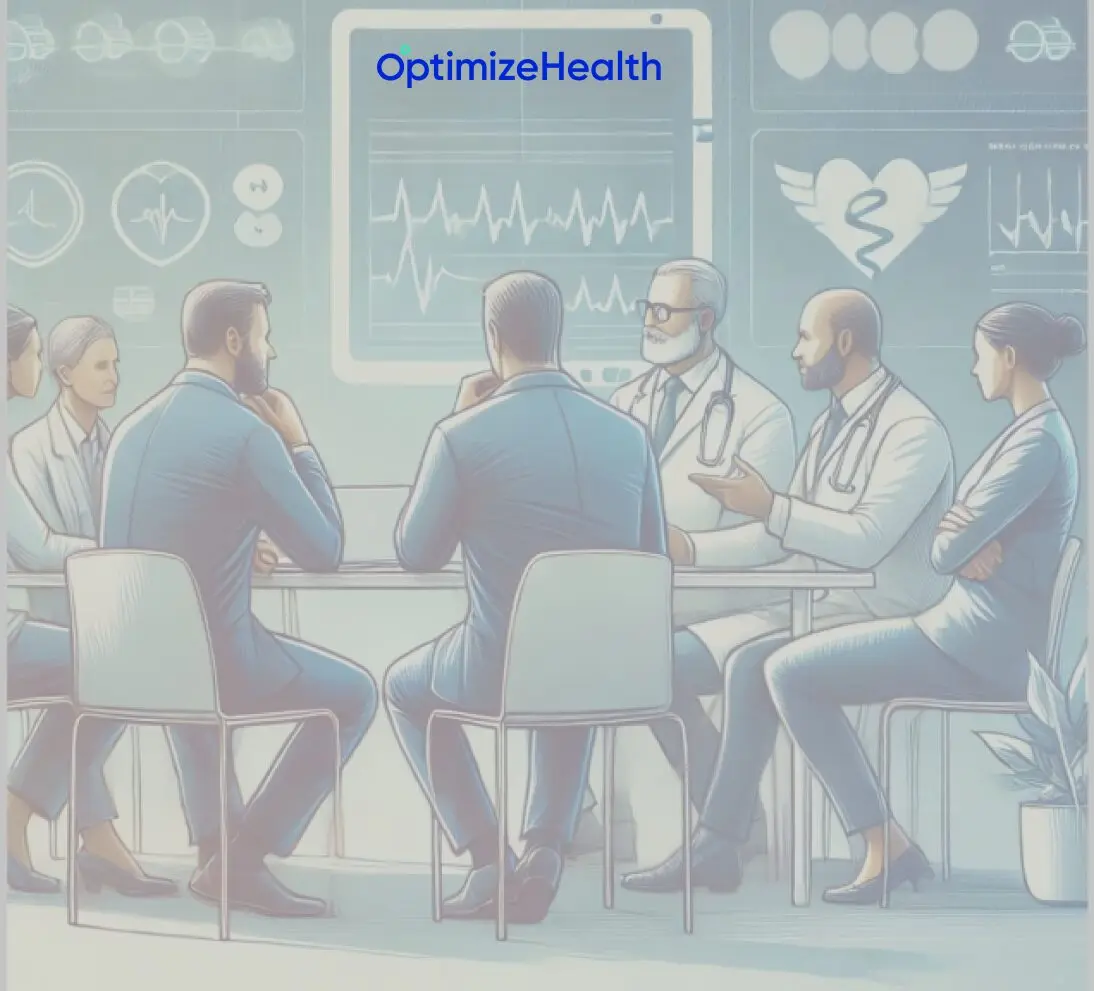The healthcare landscape is rapidly evolving, with CMS fueling innovation through remote care programs like Remote Patient Monitoring (RPM), Chronic Care Management (CCM), and Remote Therapeutic Monitoring. Expanding care beyond the provider’s office’s walls brings many advantages and new guidelines. For example, Medicare enrollees taking advantage of RPM skyrocketed from 55,000 in 2019 to nearly 600,000 in 2022.
Recently, the Office of Inspector General (OIG) released a report highlighting the need for additional oversight of RPM services, given their surge in popularity. This development underscores the importance of compliance and effective program management for healthcare providers.
Dr. Aamir Iqbal comments on this saying “If you don’t choose an ethical and honest partner in performing RPM services, you’re going to be in hot water.”
“If your RPM partner is guaranteeing revenue, then this is likely a sign that they are not following guidelines and best practices as the monthly variation of billable codes is a variable and not a constant. This would mean that every patient is getting billed codes that they may not qualify for in that month. Ultimately, putting your practice at risk.”
–Dr. Aamir Iqbal, Physician at AFP Health
As a nationally leading remote care company, we at OptimizeHealth recognize these evolving regulatory challenges. Our RPM services ensure compliant workflow details like proper device setup, consent obtaining, and accurate billing, all with adherence to Medicare guidelines while helping providers mitigate risk. Building on insights from our library of articles, we’ll explore how to align with the OIG’s recommendations while delivering optimal patient care.
Whether you are executing RPM or considering it, we anticipate you will have questions. Click this link to set up a consultation with one of our remote care consultants and ensure you have the information you need.
Understanding the OIG Report
The OIG’s report raises concerns about potential fraud, waste, and abuse in RPM services billed to Medicare. Key issues include:
- Improper Billing Practices: Instances of billing for services not rendered or not meeting Medicare’s requirements.
- Lack of Adequate Documentation: More records are needed to support the necessity and delivery of RPM services.
- Need for Enhanced Oversight: Recommendations for stricter regulations and monitoring to ensure compliance.
Aligning with the OIG’s Recommendations
- Ensuring efficient workflows while ensuring compliance
In our blog Why Your RPM and CCM Programs Are Failing and How to Fix Them, we discuss common pitfalls in RPM ( and CCM) implementations. To address the OIG’s concerns, you want a partner that has the capability to:- Implement Robust Documentation: Ensure all patient interactions and data are thoroughly and properly recorded.
- Adhere to Billing Guidelines: Follow Medicare’s billing requirements meticulously to avoid improper payments.
- Regular Program Audits: Conduct internal reviews to proactively identify and rectify compliance issues.
- Enhancing Patient Communication
Effective communication is crucial for program success and compliance. As highlighted in Why We Need to Increase Patient Communication During the Summer Months:- Maintain Regular Contact: Frequent interactions help monitor patient progress and document care.
- Personalize Engagement: Tailor communication strategies to meet individual patient needs, improving satisfaction and adherence.
- Specialized Care for Chronic Conditions
Specific patient populations, like those with nephrology conditions, require specialized attention. Our insights from Why Nephrology Patients Need Both RPM and CCM for Optimal Care emphasize:- Comprehensive Care Plans: Integrate RPM and CCM to address complex health needs effectively.
- Detailed Monitoring: Use RPM data to make informed clinical decisions, ensuring care meets medical necessity criteria.
- Leveraging Digital Solutions for Compliance
Technology plays a vital role in meeting regulatory requirements. Drawing from Digital Solutions for Alzheimer’s: Enhancing Remote Care:- Secure Platforms: Use HIPAA-compliant systems to protect patient data.
- Interoperability: Ensure systems can seamlessly share information with other healthcare providers.
- User-Friendly Interfaces: Facilitate easy adoption by both patients and clinicians, improving data accuracy and engagement.
- Demonstrating RPM Benefits
To justify the use of RPM services, it’s essential to showcase tangible benefits. Our article on Benefits of RPM for Nephrology illustrates:- Improved Patient Outcomes: Highlight reductions in hospitalizations and better disease management.
- Cost Savings for Medicare: Emphasize how effective RPM can be in reducing overall healthcare expenditures.
Proactive Steps Forward
- Education and Training: Regularly update staff on compliance requirements and best practices.
- Stay Informed: Monitor regulatory updates from Medicare and the OIG to adjust practices accordingly.
- Collaborate with Experts: Partner with organizations like Optimize Health, specializing in compliant remote care solutions.
Optimize Health’s Commitment to Compliance and Quality Care
At Optimize Health, we are dedicated to helping practices deliver high-quality, compliant RPM and CCM services. Our approach includes:
- Customized Solutions: Tailoring programs to meet specific practice and patient needs.
- Compliance Support: Offering tools and guidance to navigate regulatory complexities.
- Data-Driven Insights: Utilizing advanced analytics to enhance patient care and program efficiency.
Conclusion
The OIG’s call for increased oversight is a pivotal moment for the evolution of remote care. By aligning with these recommendations, selecting the right partner, and focusing on compliance and patient-centric care, practices can continue to leverage RPM’s benefits while minimizing risks.
Learn More with OptimizeHealth
Navigating the evolving landscape of remote patient monitoring doesn’t have to be daunting. Optimize Health is here to support your practice every step of the way. Since the new codes became available, our team has helped onboard over 90,000 patients.
- Contact Us: Contact us to learn how we can enhance your RPM (and CCM) programs. Click here to schedule a brief consult.
- Explore Our Resources: For more insights and best practices, visit our many resources, such as our blog articles, webinars, case studies and whitepapers. for more insights and best practices.
About OptimizeHealth
OptimizeHealth is a leading provider of RPM and CCM solutions. We are committed to improving patient outcomes through innovative technology and comprehensive support. We partner with healthcare providers to deliver effective, efficient, and compliant programs with all regulatory standards.
